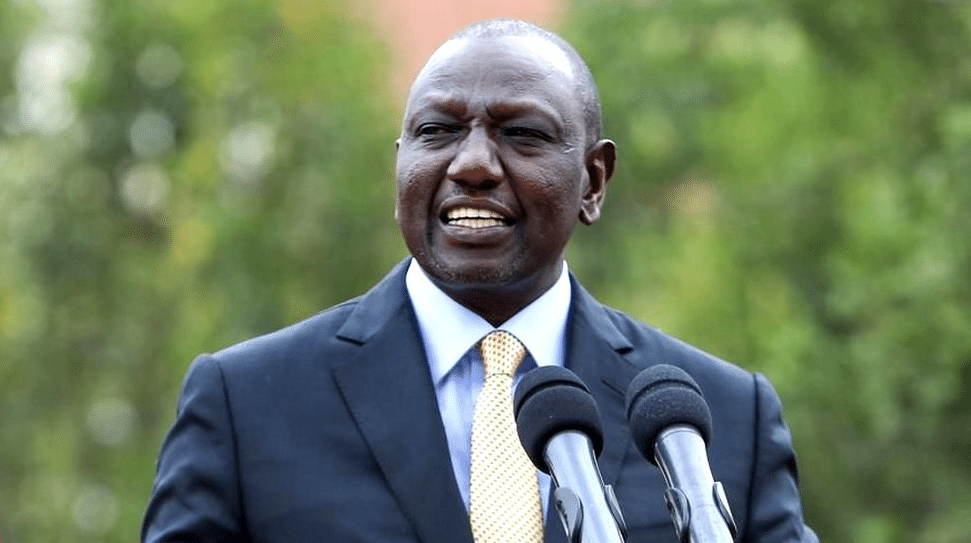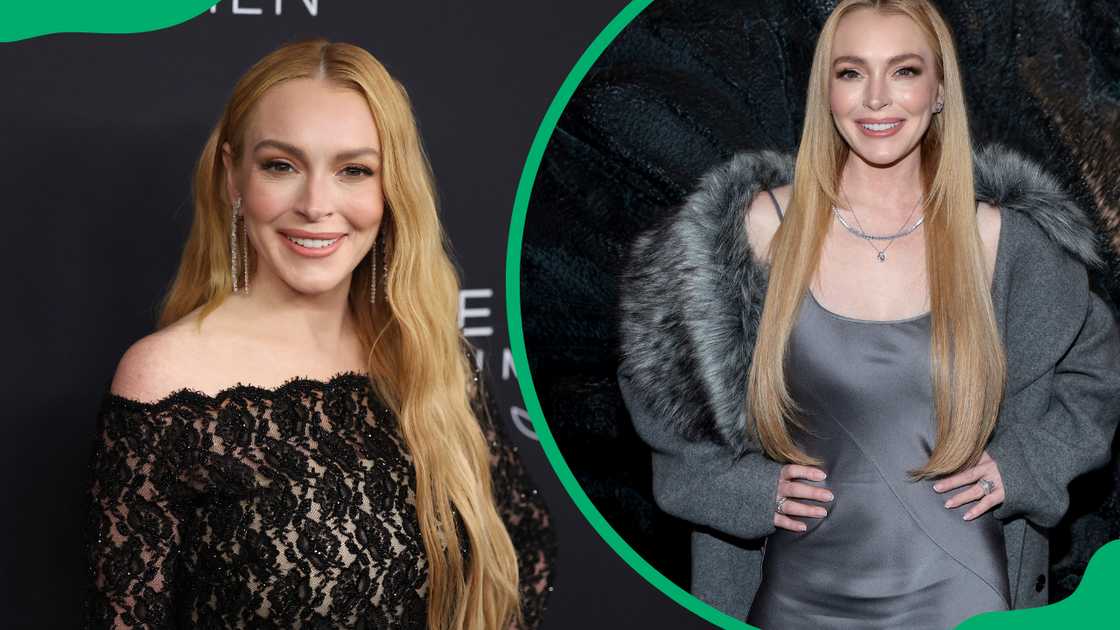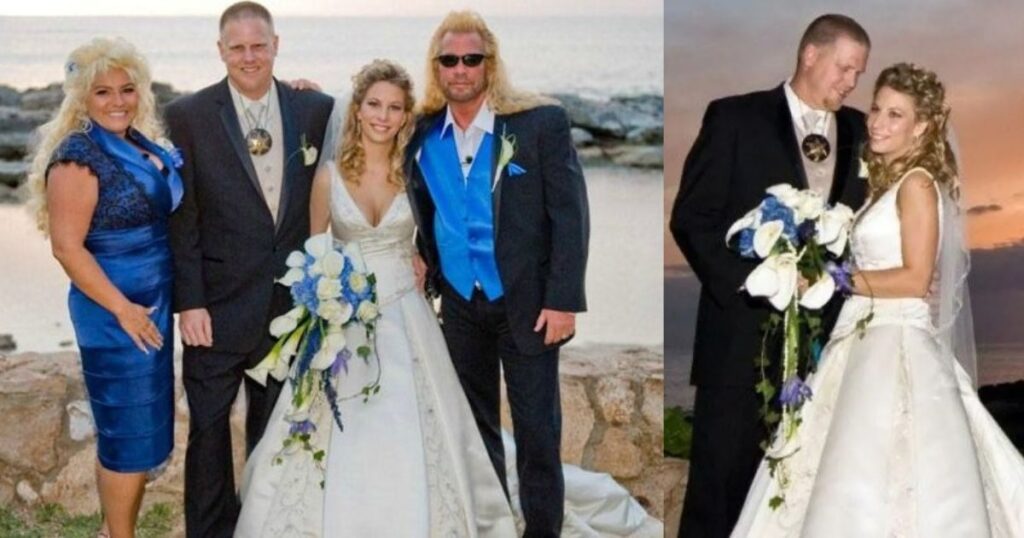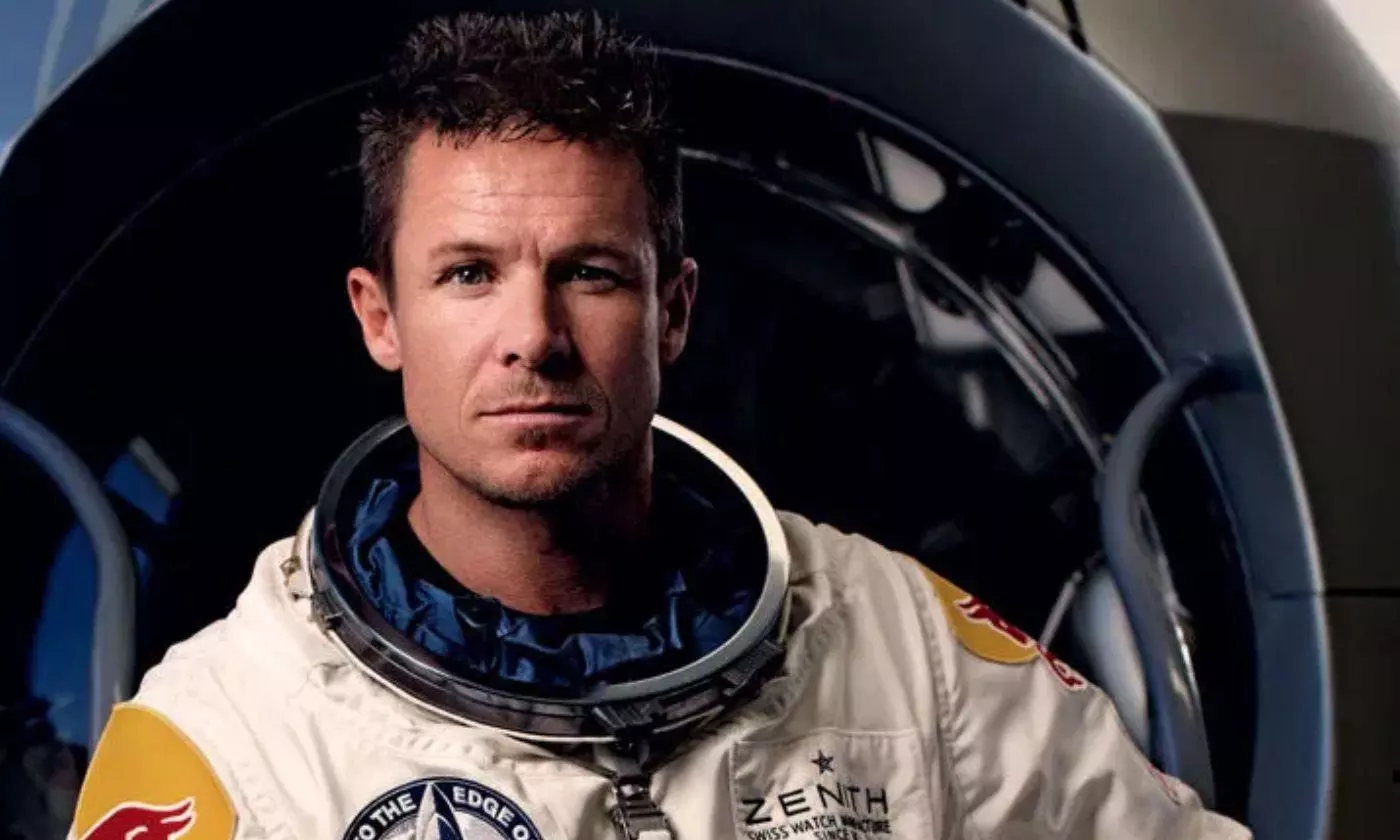William Ruto’s name has become one of the most discussed in Kenya’s modern political story. From humble beginnings to the top office in the land, Ruto’s journey is layered with ambition, controversy, wins and questions about his fortune. Today, his estimated net worth sits at about $169 million, putting him among Africa’s wealthier leaders.
Early Life and Schooling
William Samoei Ruto was born on January 21, 1967, in Kamagut village, deep in Kenya’s Rift Valley. He comes from the Kalenjin community, an ethnic group known for producing long-distance runners and strong political voices. Growing up, Ruto attended local schools like Kamagut Primary and Kerotet Primary before moving on to Wareng Secondary and later Kapsabet High School.
He didn’t stop there. Ruto pushed himself further, earning a Bachelor of Science degree from the University of Nairobi in 1990. Not one to settle, he returned to his old university to bag both a Master’s and PhD, showing his respect for education even as politics pulled him in another direction.
First Steps Into Public Life
Before politics grabbed his focus, Ruto tried his hand at teaching. He worked as a teacher in Kenya’s North Rift region and was deeply involved in his local church choir. But the pull of national politics came early. In 1992, he became treasurer for the Youth for Kanu ’92 group that supported then-President Moi. This early political activity opened doors to bigger roles.
Member of Parliament Days
In 1997, the young Ruto decided to run for Member of Parliament for Eldoret North. Against the odds, he beat seasoned politician Reuben Chesire, proving he was not to be underestimated. He served as an MP under the Kenya African National Union (KANU) until 2007, before joining the Orange Democratic Movement (ODM) for another run in Parliament until 2013.
He even took the role of KANU secretary general for two years. His time in Parliament built connections that would help push him up Kenya’s political ladder.
Taking Up Cabinet Posts
By 2002, Ruto’s influence was too big to ignore. He served as Minister for Home Affairs under President Moi. Things changed after Kenya’s hotly contested 2007 election. Violence rocked the country, but a grand coalition Cabinet formed under President Kibaki and Prime Minister Raila Odinga gave Ruto the seat of Minister for Agriculture. He held that post until 2010 before taking charge of the Higher Education docket.
Presidential Dreams and Setbacks
Ruto first aimed for the big job in 2007 under the ODM ticket but didn’t clinch the nomination. In 2013, he made another attempt but stepped back to support Uhuru Kenyatta instead. That move paid off, landing him the Deputy President role when Kenyatta won.
He served as Kenya’s second-in-command from 2013 until 2022, including a short stretch as acting President when Kenyatta went to the Hague for an ICC hearing. Ruto stayed Kenyatta’s deputy through the 2017 re-election before finally deciding to run on his own.
Finally Becoming President
By 2022, Ruto led the new United Democratic Alliance (UDA) and won the Kenyan presidency on his third try. Since then, he has talked up ideas like boosting Africa’s green energy push, improving financial access for everyday Kenyans, and attracting investors to the continent.
But his leadership has also met big criticism. His push to raise taxes sparked the 2024 Finance Bill protests, which turned deadly and forced him to fire many Cabinet members and accept the police chief’s resignation.
Where the Money Comes From
Ruto’s net worth of about $169 million did not grow from politics alone. He is known for being a savvy businessman with various interests. His farm in Sugoi, where he famously raises chickens, is just one piece of his puzzle. But questions swirl about how he got some of his wealth.
Scandals and Land Disputes
Ruto’s time in public life has not been free of controversy. One of his best-known scandals involves Weston Hotel, built on land many claim was grabbed unlawfully. He was also caught up in a land sale drama tied to the Kenya Pipeline Company over Ngong Forest land. Though he was acquitted, the cloud lingered.
The 2007–08 post-election violence brought another scandal. Ruto was accused of illegally seizing land and was ordered to compensate a victim. Other land rows include the curious 900 acres once owned by Kenya’s late VP Joseph Murumbi.
In 2010, Ruto was summoned to the ICC for charges related to post-election chaos, including murder and forced population transfer. The ICC dropped the case in 2016 due to weak evidence. He was also linked by activists and the media to the 2016 killing of businessman Jacob Juma, though no charges stuck.
A Look Inside His Family
Away from politics and business, Ruto is a family man. He married Rachel Chebet in 1991, and together they have seven children. Their daughter Charlene has stepped into the public eye with charity work and PR projects. A man of faith, Ruto is active in the Africa Inland Church and often talks about his faith shaping his values.
Where It All Stands
Today, William Ruto remains a big figure in East African politics and business. His wealth continues to be questioned by critics who call for more transparency. But Ruto keeps his focus on running Kenya while balancing praise for his vision with pressure over taxes, spending and trust.
For a boy from Kamagut, the rise to the presidency and a nine-figure fortune is a story that mixes big wins with big questions. As Kenya’s leader, what he does next with that power and wealth will shape how history writes his final chapter.



/2025/07/Julia-Benson2.png)






